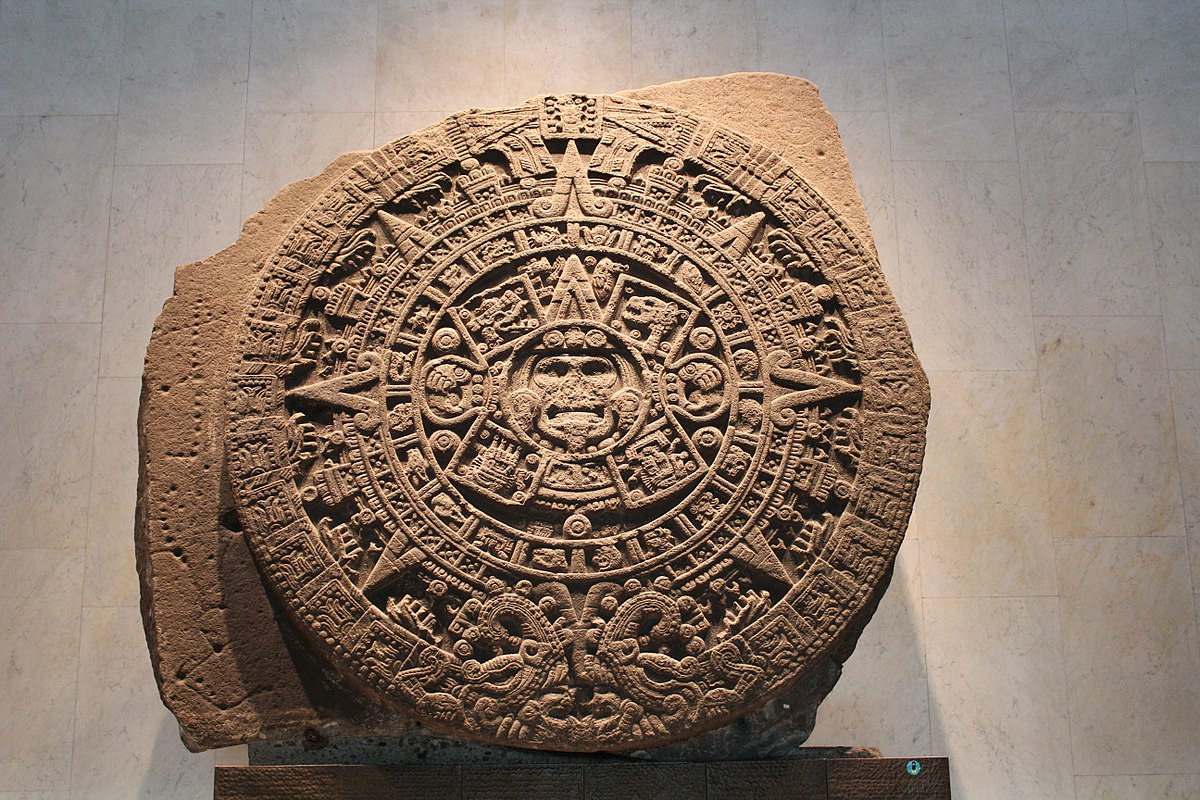
The 24th International Conference of the Association RIdIM will take place at the Conservatorio Nacional de Música in Mexico City from 23 to 25 October 2025. Mexico City, the capital and largest city of Mexico, is situated in the Valley of Mexico on the central plateau at an altitude of 2,240 meters above sea level.
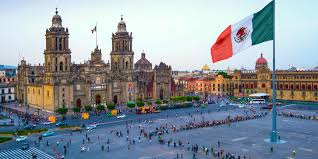
As one of the world’s most significant cultural, economic, and intellectual hubs, it is a vibrant metropolis celebrated for its rich heritage. From world-class museums and historic landmarks to dynamic music, art, and culinary scenes, Mexico City offers a remarkable range of cultural experiences.
Conservatorio Nacional de Música
The Conservatorio Nacional de Música is Mexico’s leading institution for higher music education, dedicated to the professional training of performers, composers, conductors, and music educators. It was founded on 1 July 1866 with the support of the Sociedad Filarmónica Mexicana and Emperor Maximilian I and has been instrumental in shaping the nation’s musical identity.
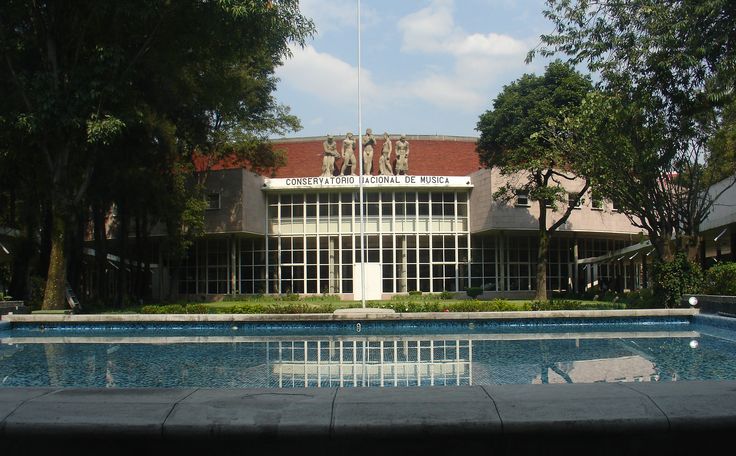
Since 1949, it has been housed in an modernist architectural complex designed by Mario Pani, located in the Polanco borough, one of Mexico City’s most prestigious and cosmopolitan neighborhoods. While preserving its historical significance, the institution features state-of-the-art facilities that support a wide range of academic and artistic activities.
- Address: Avenida Presidente Masaryk 582, Polanco, Miguel Hidalgo, C.P. 11550
- Website: https://inba.gob.mx/recinto/3 (in Spanish)
Registration
All participants are required to register. The standard conference fee is €uro200. A reduced fee of €uro80 is available for students. Individuals eligible for the reduced fee must contact Association RIdIM via email prior to registering and provide appropriate documentation. All other participants should use the online registration form, which will be available starting in August 2025. The conference fee includes participation in the farewell dinner. Please note that conference fees are non-refundable.
How to get to Mexico City
Mexico City is easily accessible by air from major cities around the world. The primary gateway is Mexico City International Airport (Aeropuerto Internacional Benito Juárez – MEX), located just a few kilometers from the city center. The airport is well-connected with direct flights from North and South America, Europe, and other international hubs, as well as frequent domestic connections. Ground transportation options from the airport include taxis, ride-sharing services, buses, and metro access, making onward travel into the city convenient and efficient.
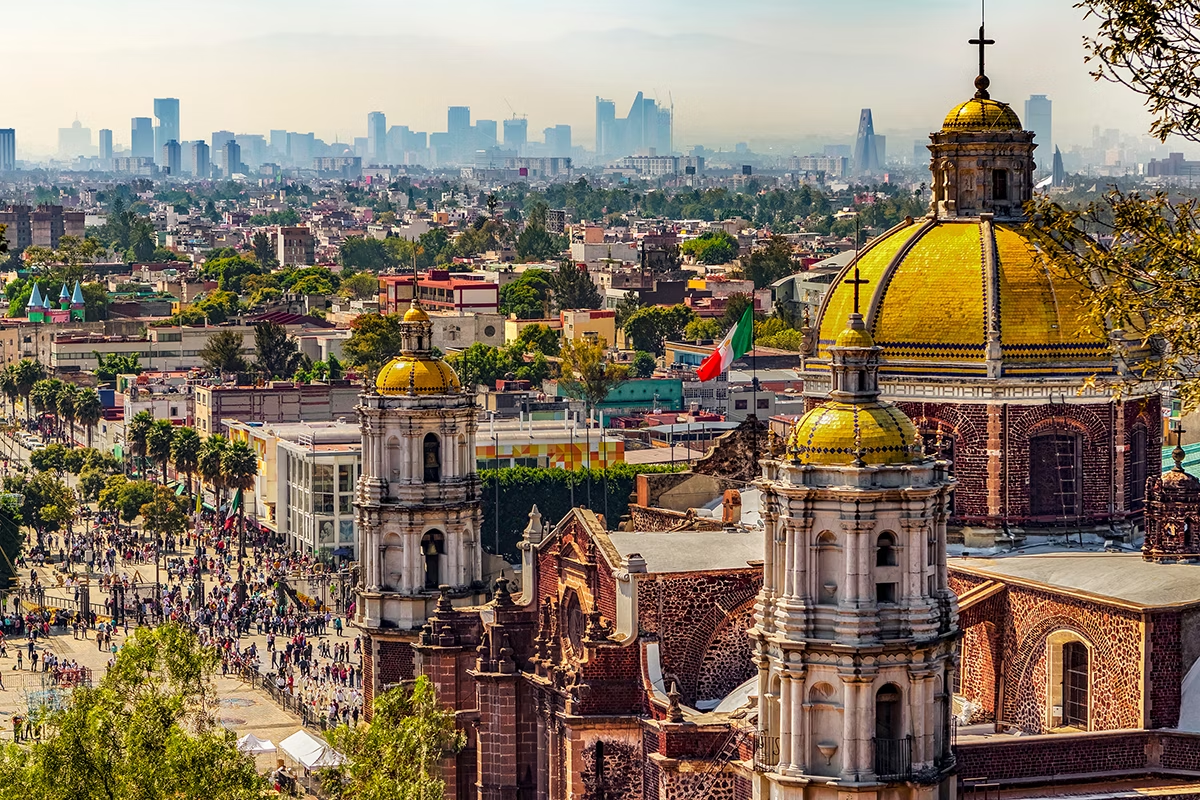
Visa requirements
Citizens of many countries do not need a visa to enter Mexico. However, it is strongly recommended to verify entry requirements with the Mexican embassy or consulate in your country of residence prior to travel.
How to get from Aueropuerto Internacional Benito Juárez to Polanco
Polanco is located approximately 15–18 km (9–11 miles) from Benito Juárez International Airport. Travel time typically ranges from 30 to 50 minutes, depending on traffic. Below are the main transportation options:
- Airport Taxi
Authorized taxis are available at official stands inside both airport terminals. Fares are fixed based on destination zones and can be paid in advance at the counters. This is a reliable and safe option, especially for first-time visitors. - Uber
Uber operates reliably in Mexico City and is a convenient and often more economical alternative to airport taxis. Rides can be requested via the app, and pick-up zones are clearly marked outside the terminals. Fares vary based on traffic and time of day. - Other App-Based Ride Services
In addition to Uber, services like DiDi and Cabify are also available and offer similar convenience and pricing. - Private Shuttle or Hotel Transfer
Many hotels in Polanco offer pre-arranged airport transfers. This is a good option for those seeking added comfort and direct service to their accommodation. - Metro
The Terminal Aérea station on Line 5 is accessible from the airport. To reach Polanco, transfer to Line 7 and exit at Polanco station. This option is inexpensive but may involve several transfers and is not ideal if traveling with luggage.
Accomodation in Polanco
Participants are kindly asked to arrange their own accommodation. Polanco offers a wide range of accommodation options—from luxury hotels to more affordable stays, including mid-range and budget-friendly hotels, hostels, and Airbnb listings. Budget-friendly accommodations should be booked well in advance, as availability may be limited.
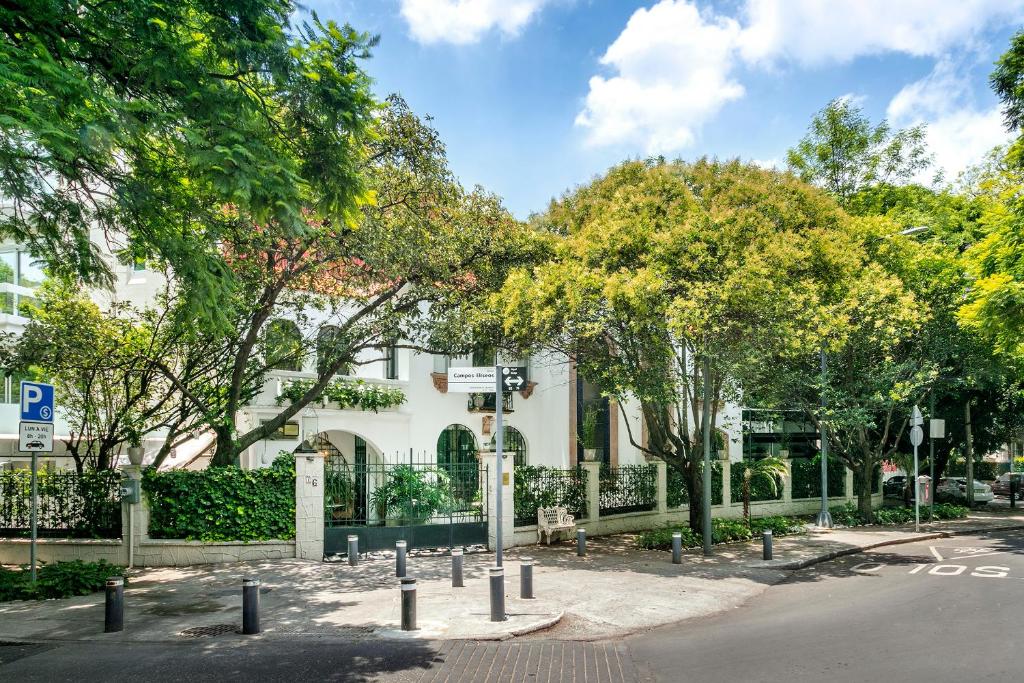
Language
Spanish is the most widely spoken language in Mexico, though it is not designated as the official language. The government officially recognizes 68 national languages, including numerous Indigenous languages. In major tourist areas, most hotels and tourism-related services often offer communication in English.
Electricity
Voltage in Mexico is 110V at 60Hz. Electrical outlets use Type B plugs with flat pins, identical to those found in the USA, Canada, and much of the Americas. It is recommended to bring your own power adapter.
Public Wi-Fi
Mexico City offers widespread access to public Wi-Fi, particularly in parks, public squares, metro stations, museums, and government buildings. Many cafés, restaurants, and hotels also provide free Wi-Fi for customers. While connections are generally reliable, users are advised to exercise caution when accessing sensitive information on public networks and to consider using a VPN for added security.
Currency and Exchange
The official currency of Mexico is the Mexican Peso. Currency exchange services are available at airports, banks, and authorized exchange offices (casas de cambio). While exchange rates may vary slightly, it’s generally advisable to compare rates before converting large amounts. ATMs are widely available throughout Mexico City and typically offer competitive exchange rates for international cards.
Credit cards (particularly Visa, MasterCard, and American Express) are widely accepted in hotels, restaurants, shops, and many service providers in Mexico City. However, smaller vendors, local markets, and traditional eateries often operate on a cash-only basis. It is therefore advisable to carry some pesos for everyday purchases.
Emergency Service
In case of emergency, Mexico City offers reliable assistance through national services. The general emergency number is 911, which connects callers to police, medical, and fire services. Many hospitals and clinics in the city provide high-quality care, and some offer English-speaking staff. It’s recommended to carry a copy of your travel insurance and important contact numbers at all times.
During the conference, a dedicated emergency contact number will be available for all participants.
